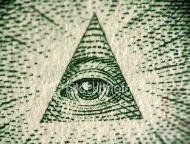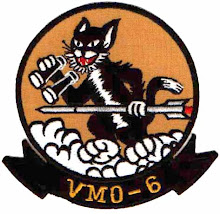 "Nash was holding a copy of THE NEW YORK TIMES. Without addressing anyone in particular, he walked up to Hartley Rogers and some others and pointed to the story on the upper lefthand corner of the TIMES front page, the off-lede, as TIMES staffers call it. Nash said that abstract powers from outer space, or perhaps it was foreign governments, were communicating with him through THE NEW YORK TIMES. "The messages, which were meant only for him, were encrypted and required close analysis. Others couldn't decode the messages. He was being allowed to share the secrets of the world. Rogers and the others lookd at each other. Was he joking?"
"Nash was holding a copy of THE NEW YORK TIMES. Without addressing anyone in particular, he walked up to Hartley Rogers and some others and pointed to the story on the upper lefthand corner of the TIMES front page, the off-lede, as TIMES staffers call it. Nash said that abstract powers from outer space, or perhaps it was foreign governments, were communicating with him through THE NEW YORK TIMES. "The messages, which were meant only for him, were encrypted and required close analysis. Others couldn't decode the messages. He was being allowed to share the secrets of the world. Rogers and the others lookd at each other. Was he joking?"___
Video: The Dark Side of Nash
___
"His beliefs were what is called 'referential,' in that he believed that a host of environmental clues -- from newspaper passages to particular numbers -- were specifically directed at him and that he alone was capable of appreciating their true meaning."
___
Video: Referential
___
"His letters were Joycean monologues, written in a private language of his own invention, full of dreamlike logic and subtle non sequiturs. His theories were astronomical, game theoretical, geopolitical, and religious."
___
Video: The More You Ignore Me, The Closer I Get
___
"Nash spent most of his time hanging around the university, including Fine Hall. Most days he wore a smocklike Russian peasant garment. He seemed, as one graduate student at the time remembered, to 'talk to squirrels.' he carried around a notebook, a scrapbook entitled ABSOLUTE ZERO in which he pasted all sorts of things, presumably a reference to the rock-bottom temperature at which all activity ceases. He was fascinated by colors."
___
Video: Numbers
___
"Nash was the greatest numerologist the world has ever seen. He would do these incredible manipulations with numbers. One day he called me (mathematician William Browder) and started with the date of Khrushchev's birth and worked right through to the Dow Jones average. He kept manipulating and putting in new numbers. What he came out with at the end was my Social Security number. He didn't say it was my Social Security number and I wouldn't admit that it was. I tried not to give him the satisfaction. Nash was never trying to convince anyone of anything. He was doing things from a shcolarly point of view. Everything he talked about always had a very scientific flavor. He was trying to gain an understanding of something. It was pure numerology, not applied."
___
Video: Numerology
___
"Here was Nash, who as a boy had delighted in inventing secret codes, with his great mathematical ability and mystical preoccupations, and with plenty of time on his hands, taking names, converting htem into numbers based on the letter-number correspondence, factoring the resulting numbers, and then comparing the primes in the hope of discovering 'secret' messages."


1 comment:
You made some good points there. I did a search about the subject and hardly found any specific details on other sites, but then happy to be here, really, appreciate that.
- Lucas
Post a Comment